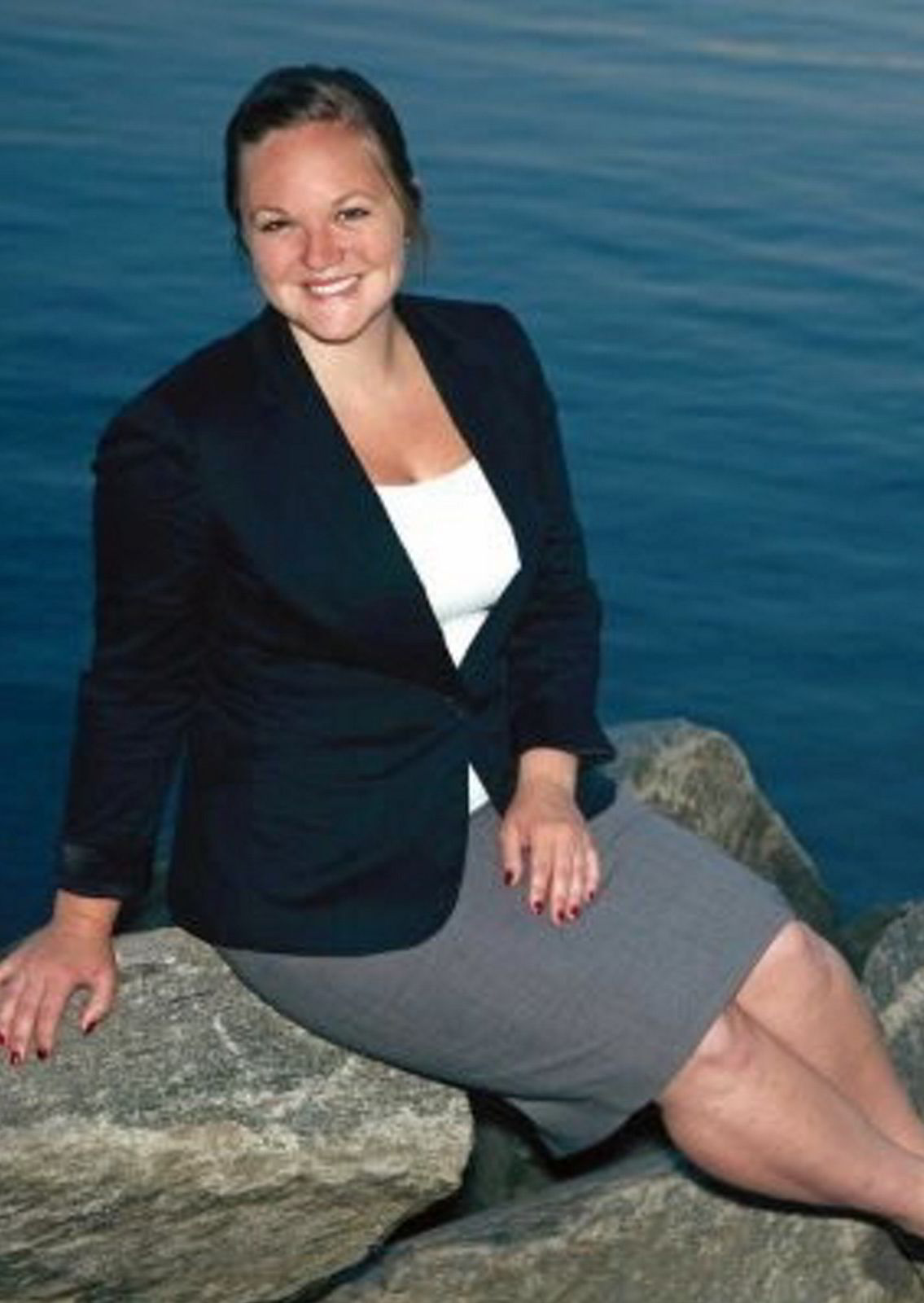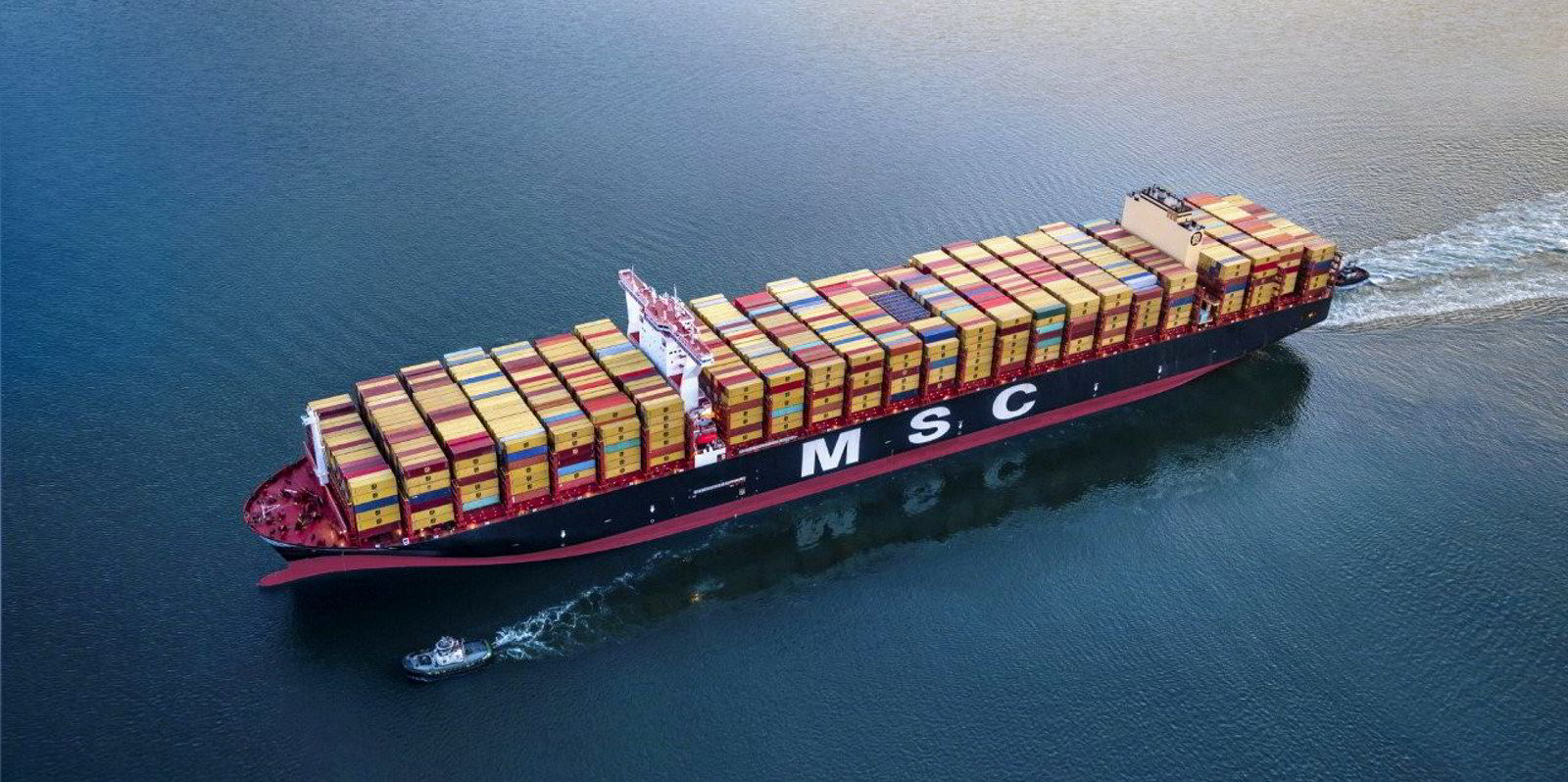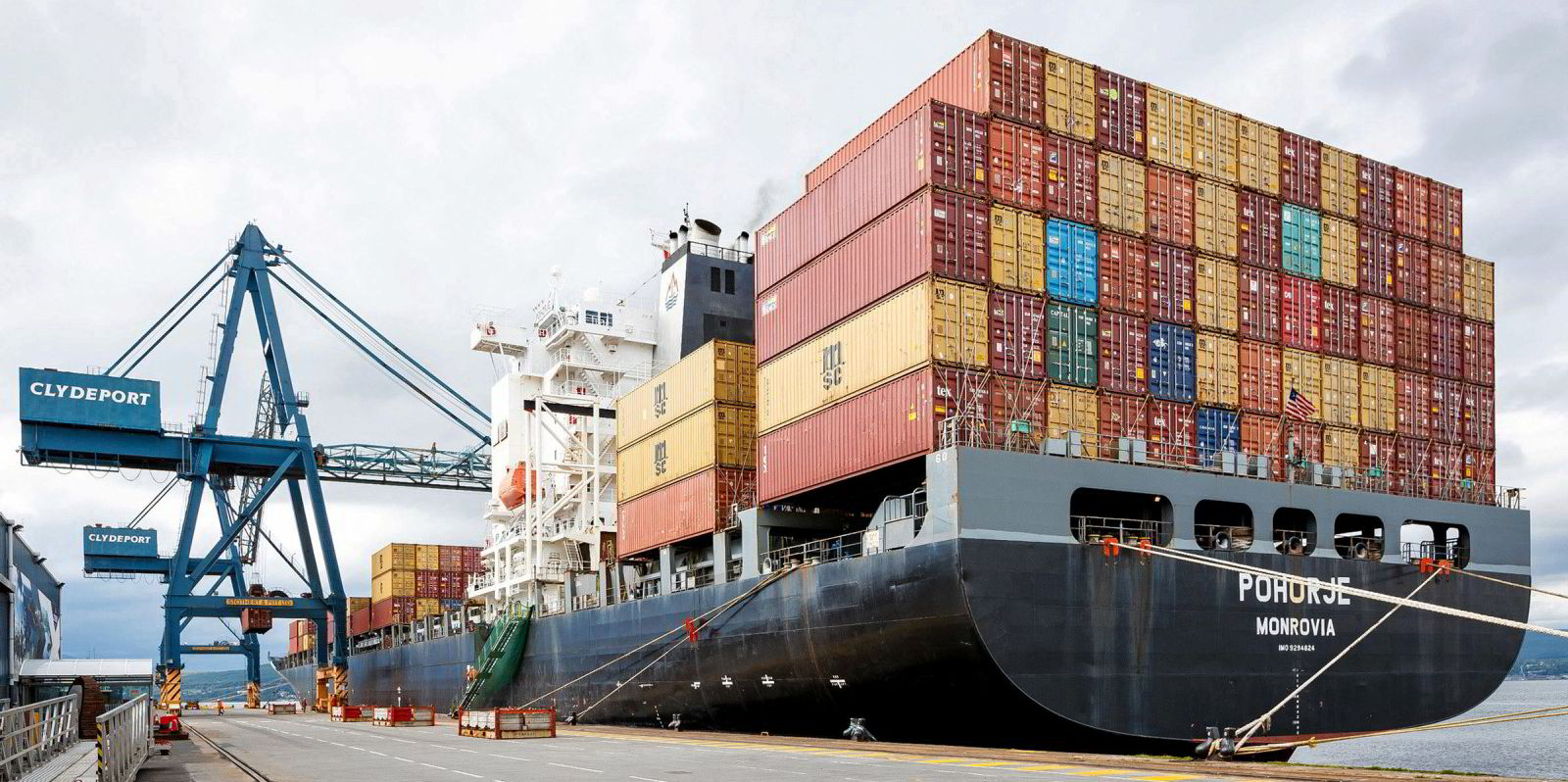The US Federal Maritime Commission (FMC) could still fine MSC Mediterranean Shipping Company even after a dispute over a $1,000 surcharge with a customer was put to bed.
The FMC’s Office of Enforcement filed papers arguing that while MSC reimbursed SOFi Paper Products the congestion surcharge for a 2022 shipment, the commission should still investigate whether the charge was legitimate according to US law.
The office also requested a hearing before an administrative law judge on potential civil penalties for the container shipping giant.
“[The Office of Enforcement's] recommendation to institute a separate civil penalty proceeding is not based on MSC’s delay in refunding the charge to SOFi but is based instead on the nature of the alleged violation, as well as MSC’s insistence on continuing to maintain the ambiguous surcharge in its tariff,” the filing, made last week, read.
US law requires fees charged to shippers to be “just and reasonable”.
The Office of Enforcement contends the $1,000 charge, which MSC contends was placed on all cargoes, fails to meet that threshold as there is no information on when the fee would be levied. It also argued the number of ships anchored outside Seattle was minimal in May 2022, meaning congestion was not an issue.
The office further contends that MSC continues to charge the fee.
MSC did not immediately respond to a request for comment.
The dispute between MSC and the FMC started in February after the regulator issued an order to show cause to the liner operator over the reasonableness of the charge.
It had been brought to the FMC’s attention by Florida-based SOFi, which complained to MSC about the charge.
MSC offered to refund $350, but SOFi rejected it. The offer was later raised to the full $1,000, but SOFi countered with $1,500, arguing it needed to be compensated for time spent negotiating.
Geneva-based MSC still wrote a check for $1,000 and sent it to SOFi. In mid-March, that check was cashed.
The Office of Enforcement said it would not recommend SOFi receive damages as it pursued a ruling on the charge itself.
Squall Strategies founder Lauren Beagen told TradeWinds last month that the order to show cause process was a new one, given to the FMC after the Ocean Shipping Reform Act was passed last year and that this was the first time such an order had been issued.

Beagen, whose firm specialises in FMC inquiries, said the process was supposed to faster, but that questions remained on issues like appeals processes.
The Ocean Shipping Reform Act was passed following complaints from US shippers that liner operators were charging unfair and exorbitant detention and demurrage charges amid record port congestion brought on by the Covid-19 pandemic.
The law was part of a broader push from the federal government to crack down on alleged noncompetitive behaviour from container shipping.
MSC has had a number of complaints brought to the FMC from its customers.
The highest profile was from MCS Industries, where MSC was ordered to pay nearly $1m after an administrative law judge ruled it failed to comply with discovery demands and was hiding behind Swiss laws barring the disclosure of certain documents.





